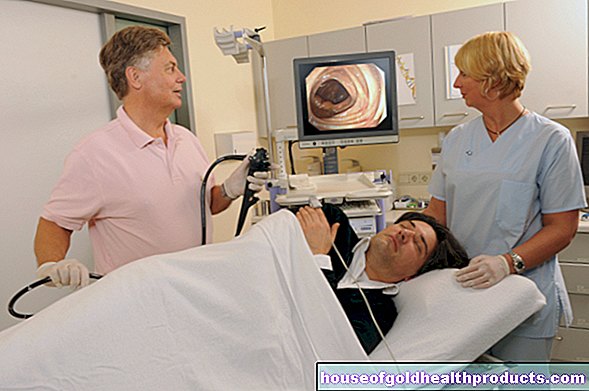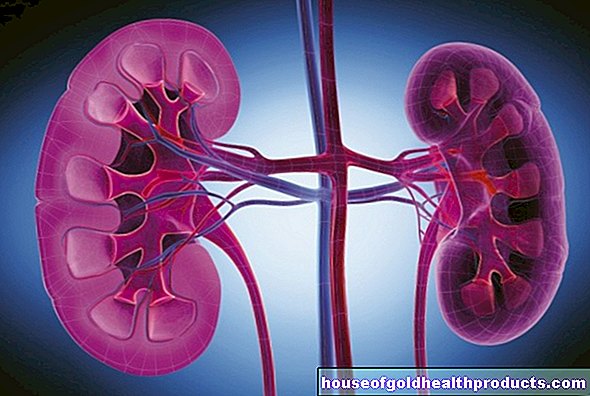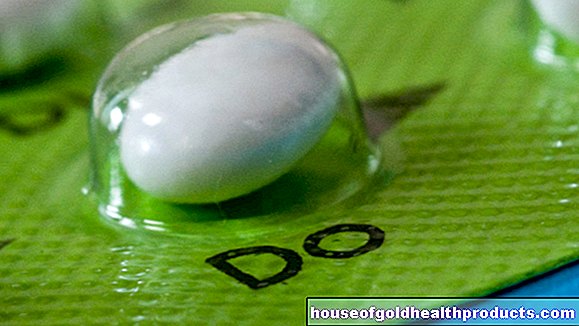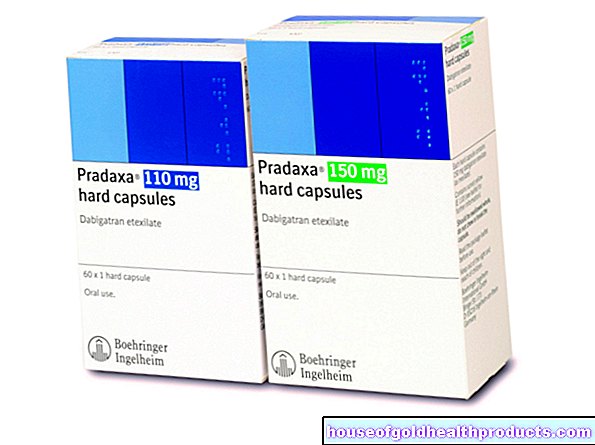Vitamin C overdose
Carola Felchner is a freelance writer in the medical department and a certified training and nutrition advisor. She worked for various specialist magazines and online portals before becoming a freelance journalist in 2015. Before starting her internship, she studied translation and interpreting in Kempten and Munich.
More about the experts All content is checked by medical journalists.A vitamin C overdose is generally not an issue in healthy people: the body normally simply excretes excess vitamin C with the urine. In people with certain clinical pictures, however, an overdose of vitamin C can certainly involve risks. Find out more about the reasons and effects of too much vitamin C and the symptoms of a vitamin C allergy here.
Vitamin C Overdose: Causes
From a scientific point of view, it is very difficult to determine a vitamin C overdose. It is unclear whether measuring the vitamin C value in the blood actually brings anything. The normal values are not clearly defined, there are only reference values and recommendations. It is therefore difficult to correctly assess the level of vitamin C.
The normal value is a vitamin C level of 5 to 15 mg / l blood. Based on this, both a vitamin C deficiency and a vitamin C overdose can be determined. The latter, however, almost never occurs in healthy people, as vitamin C is water-soluble. The body simply excretes too much ascorbic acid with the urine. However, if you take high-dose vitamin C over a longer period of time, for example in tablet or powder form, there may be a vitamin C surplus. This risk exists especially with metabolic diseases.
Vitamin C overdose: side effects
Usually, a vitamin C overdose is not dangerous for healthy people. However, people who are sensitive to vitamin C can experience indigestion and diarrhea.
Since vitamin C is excreted by the kidneys, people with kidney failure are at a more serious risk of overdosing. Vitamin C in high concentrations can lead to an increased formation of oxalic acid. This increases the risk of kidney stones.
Vitamin C: allergy
Regardless of the dose, some people are allergic to vitamin C. This happens quite often. However, an allergy to vitamin C is often not recognized as such, because the allergic reaction can also result from many other components that are found in foods containing vitamin C (citrus fruits, peppers, etc.). Often these are, for example, preservatives with which fruits and vegetables have been treated, or the so-called chlorogenic acid. This is a natural substance that is found in many plants.
Symptoms of a vitamin C allergy can include itching of the throat, swelling (lips), redness, blistering, and a furry tongue. If you suspect an allergy, you should see a doctor and have an allergy test done.
Tags: healthy feet Menstruation digital health










.jpg)



-der-giraffentrick.jpg)














